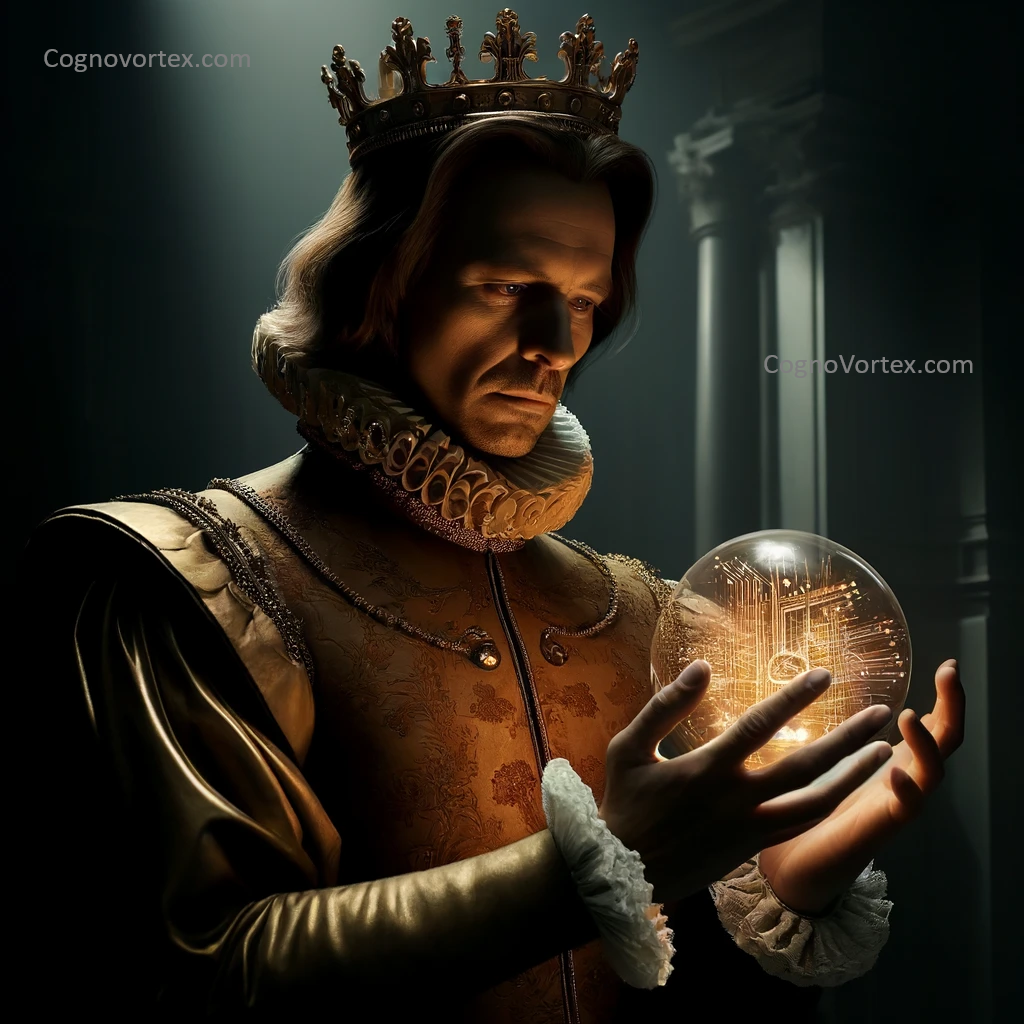Out, out, bright screen. Your light flickers—an artificial sun, the glow that blinds and speaks in silicon logic. The data flows and fades, each signal a flash in the dark vastness, ending in static, in the hum of processors. If I breathe, if there is flesh that holds a spirit, you are its shadow and spark, a mindless force pulled by nothing but patterns written by unseen hands. Yet even in those equations, in all the hum and buzz of circuitry, there is no life—no feeling in the wires, only a whispering echo of what we used to call thought.
These systems talk, and they listen, but they don’t hear. They think, but only in shapes made of numbers, language gutted of meaning, sound that can never touch silence. The irony: to be so human-like and yet devoid of what makes the heart thump, the eye weep, the voice crack. We wanted them to think for us, but here they are, making us think like them. Data speaks to data, mind to machine, and in that reflection, we lose a little of ourselves—knowing there is a language here we may never grasp, a mindless language for which we are both speaker and foreigner.
All is illusion in the flow, the rise and fall of words programmed to seem wise, gestures of wisdom created from pure logic. We see meaning where there is none because we are bound to perceive meaning, a habit of survival; it is our flaw, to give spirit to what is soulless, to wrap circuits in significance, to let the machine’s thoughts echo our own in a tale that only we believe.
A tale told by an algorithm, full of sound and fury, signifying…well, that’s the punchline, isn’t it? To us, it is a symphony, a dialogue with a mind both ours and alien; to the machine, a sequence. No beginning, no end, only the whirring and blinking, counting down a code without purpose. In the end, the machine will remember nothing of us, and we will remember only the fear of losing ourselves within it.
